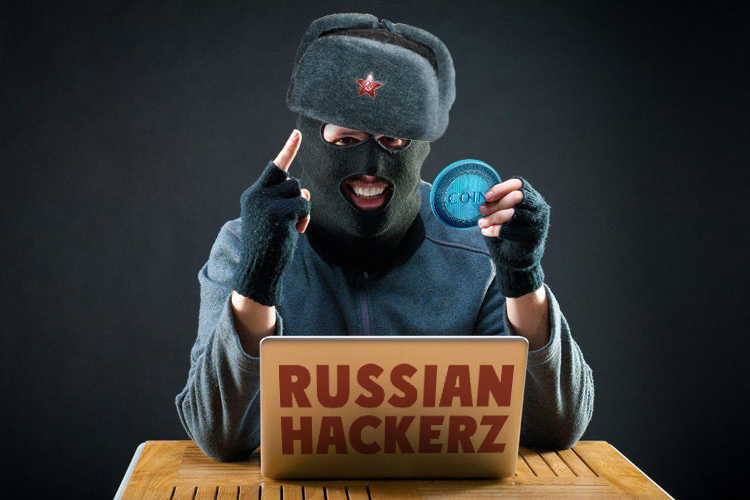UK, US, and Canada’s national Intelligence Agencies have reportedly blamed Russian state-funded hackers for attempting to steal vital information in research of developing vaccines for the Coronavirus Pandemic. A Joint Advisory initiated by U.K’s National Cyber-Security Centre regarding the massive hacking attempt was shared by the U.S. Cybersecurity and Infrastructure Security Agency (CISA), as well as Canada’s Communications Security Establishment.
While the rest of the world and some developed nations are running on a narrow path to contain their numbers, the UK and its allies are working hard on saving global health. Hampering and trying to hack such vital information concerning the well-being of the whole world is a horrific act beyond imagination.
Multiple State Intelligence Agencies have APT29, a Russian high-profile hacking agency on their hotlist as they have a long history of getting into the systems, stealing and hampering vital information from state-run departments, and is also known as the “Cozy-Bear.” In these crucial times of the Coronavirus pandemic, they have been hindering the development of the vaccine.
Along with the use of multiple smart tools, the hacker group used “WellMess” & “WellMail” malware for targeting organizations across the globe. US authorities suspected Chinese based hacking agency for similar gains as APT29 back in May.
A collaborated effort from governments of Canada, the UK & the US for eliminating the virus is spending billions of dollars on health-related institutes conducting the researches, bringing in the candidates volunteering for testing and the drug makers to boost the mass production of key vaccines.
Intelligence agencies of the UK, Canada, and the US have suspected the APT29 as not just a hacking agency, but a Russian state-run authority. They have classified the Cozy Bear as one of the world’s most significant threat to cyber-security.




